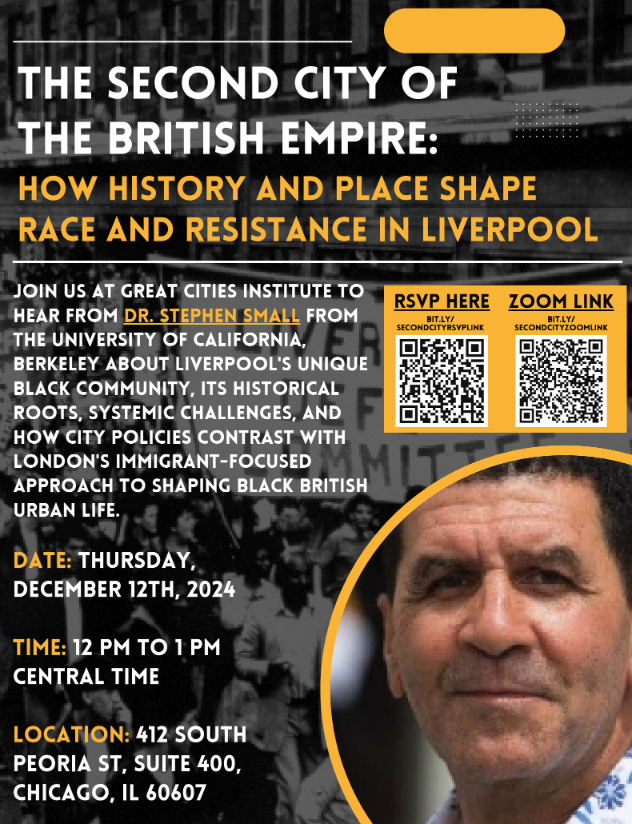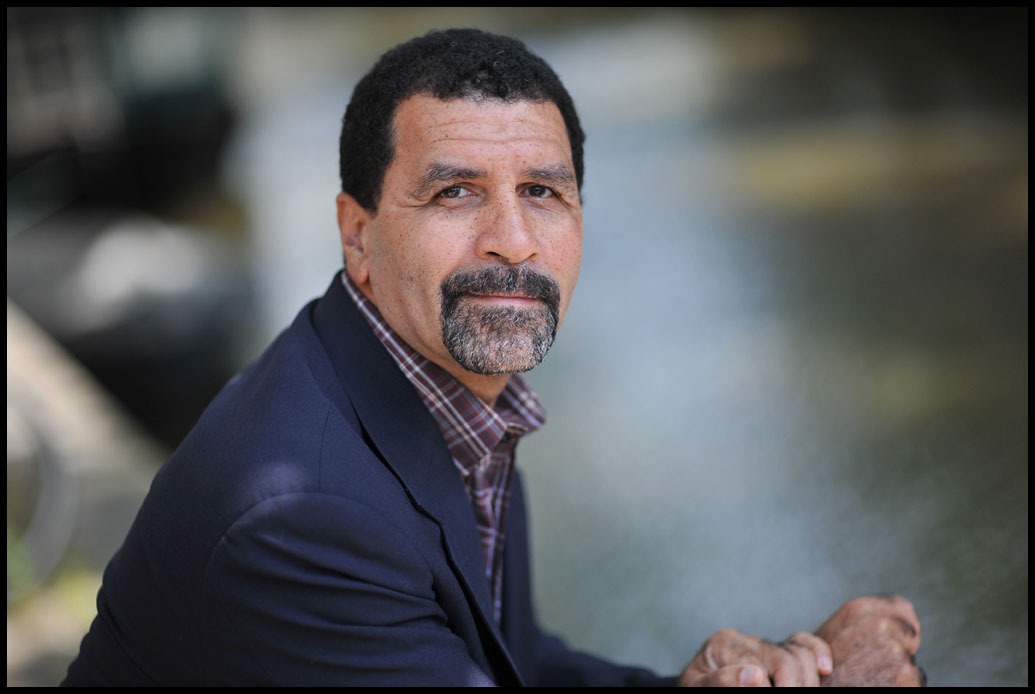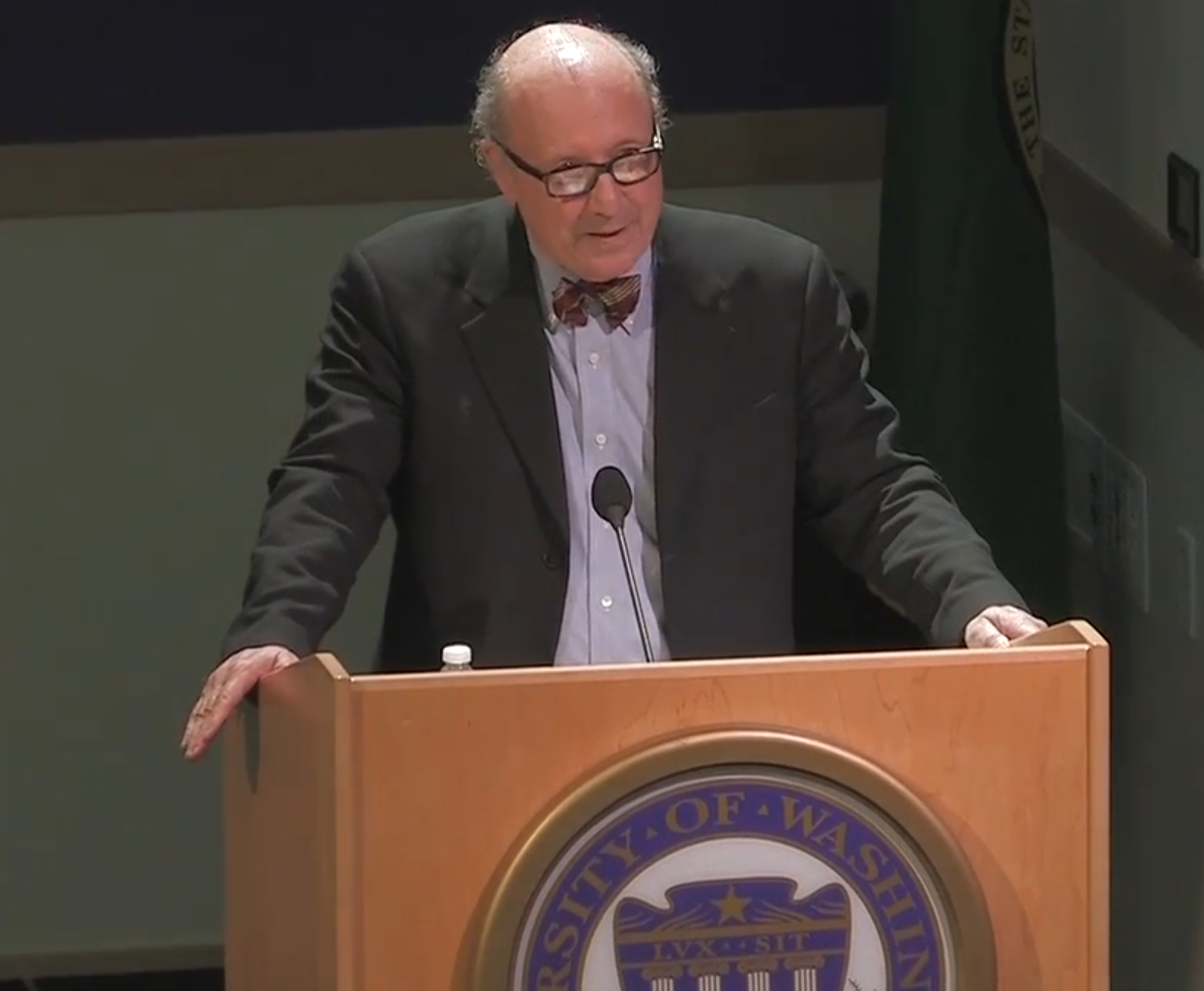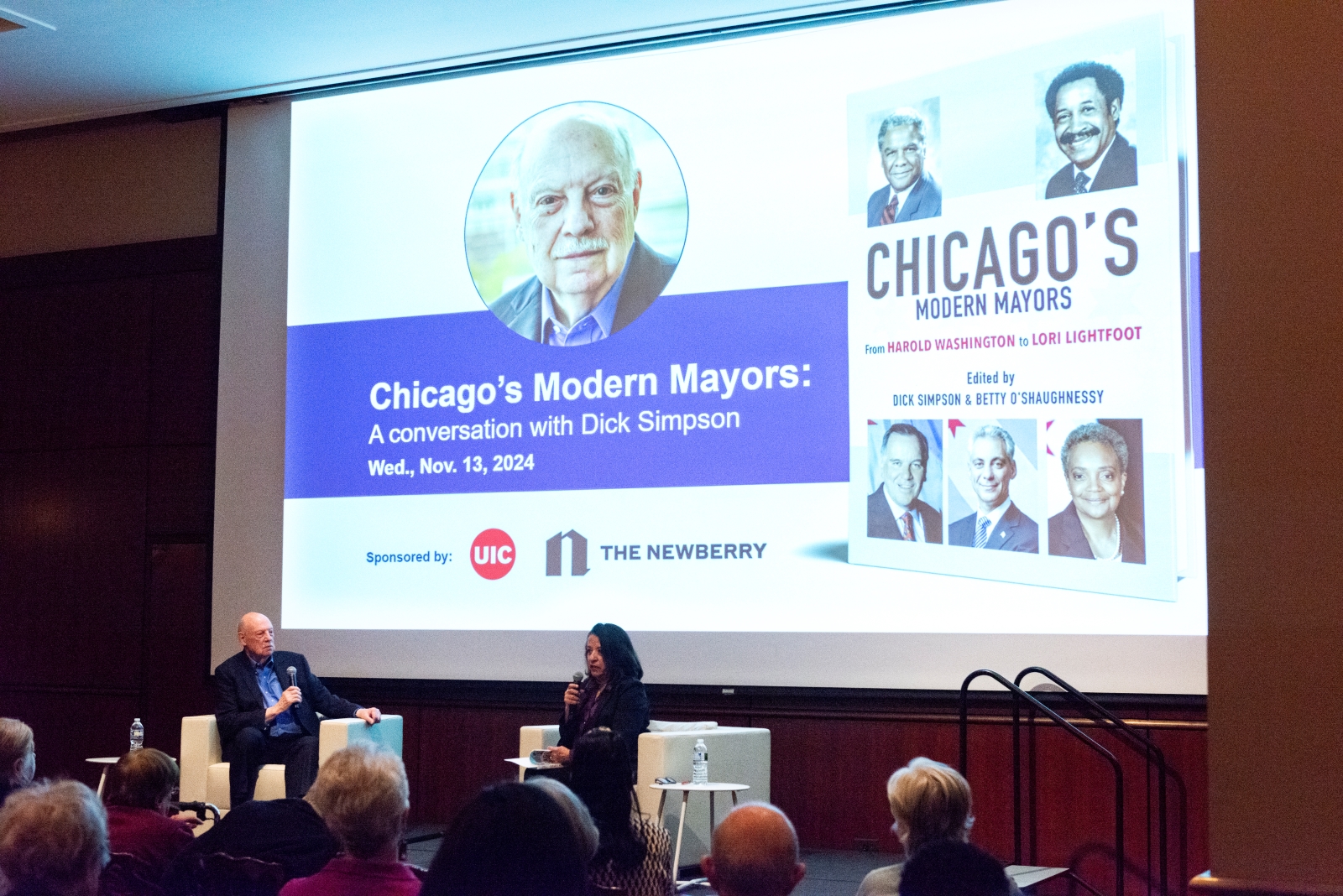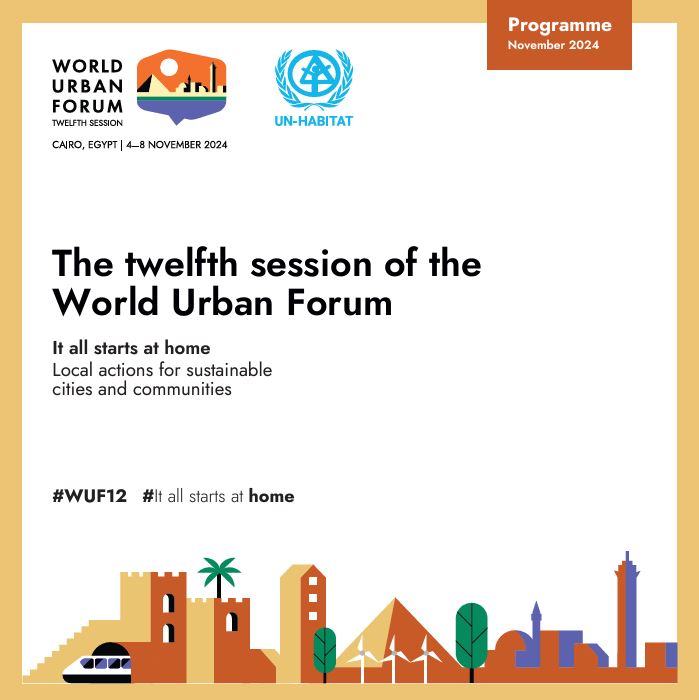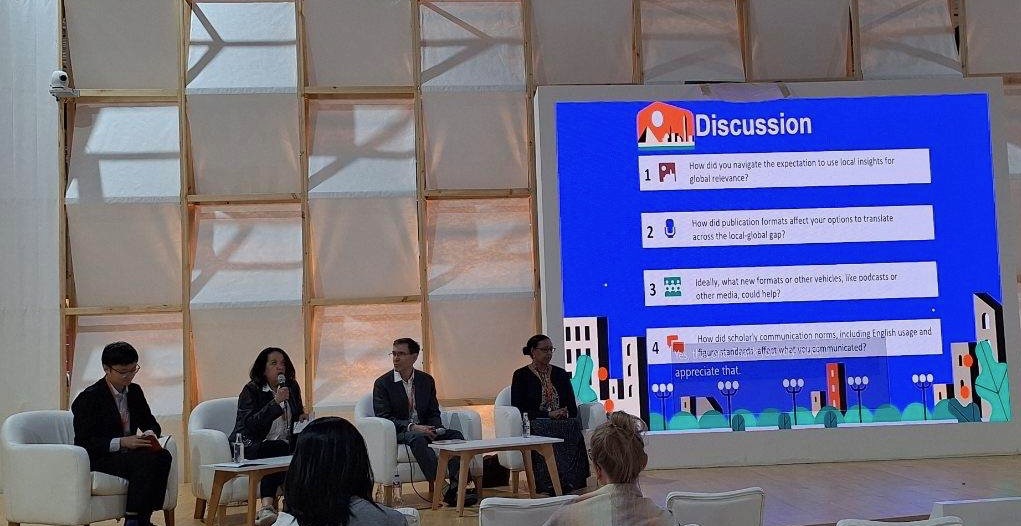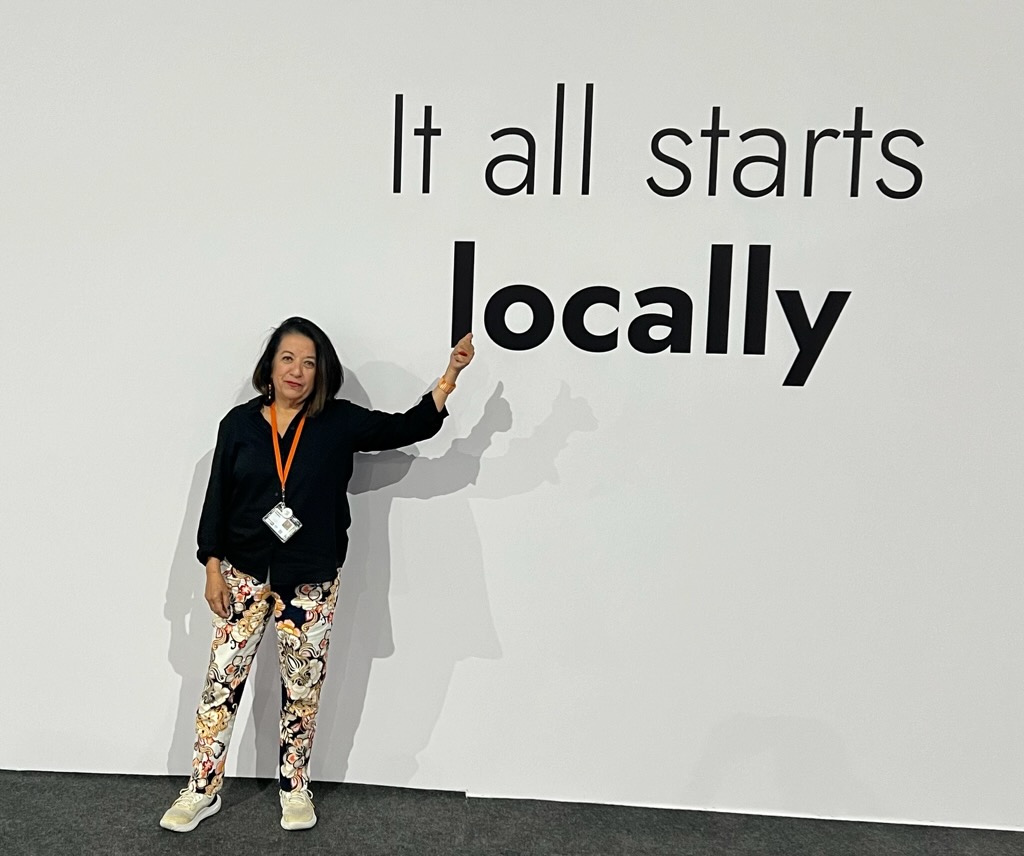
This article honors David Perry, a visionary urban planner and UIC professor who passed away at 82 on December 2. Known for his dedication to social justice, Perry directed UIC’s Great Cities Institute and contributed to major urban projects like Chicago’s Zoning Reform. A champion of engaged research, he believed “universities need to be community-based organizations.” Perry authored over 150 works on urban policy, race, and public infrastructure. Remembered for his humility and curiosity, he treated students as peers.
From Chicago Sun Times (To go to the actual article, please click on this link.)
